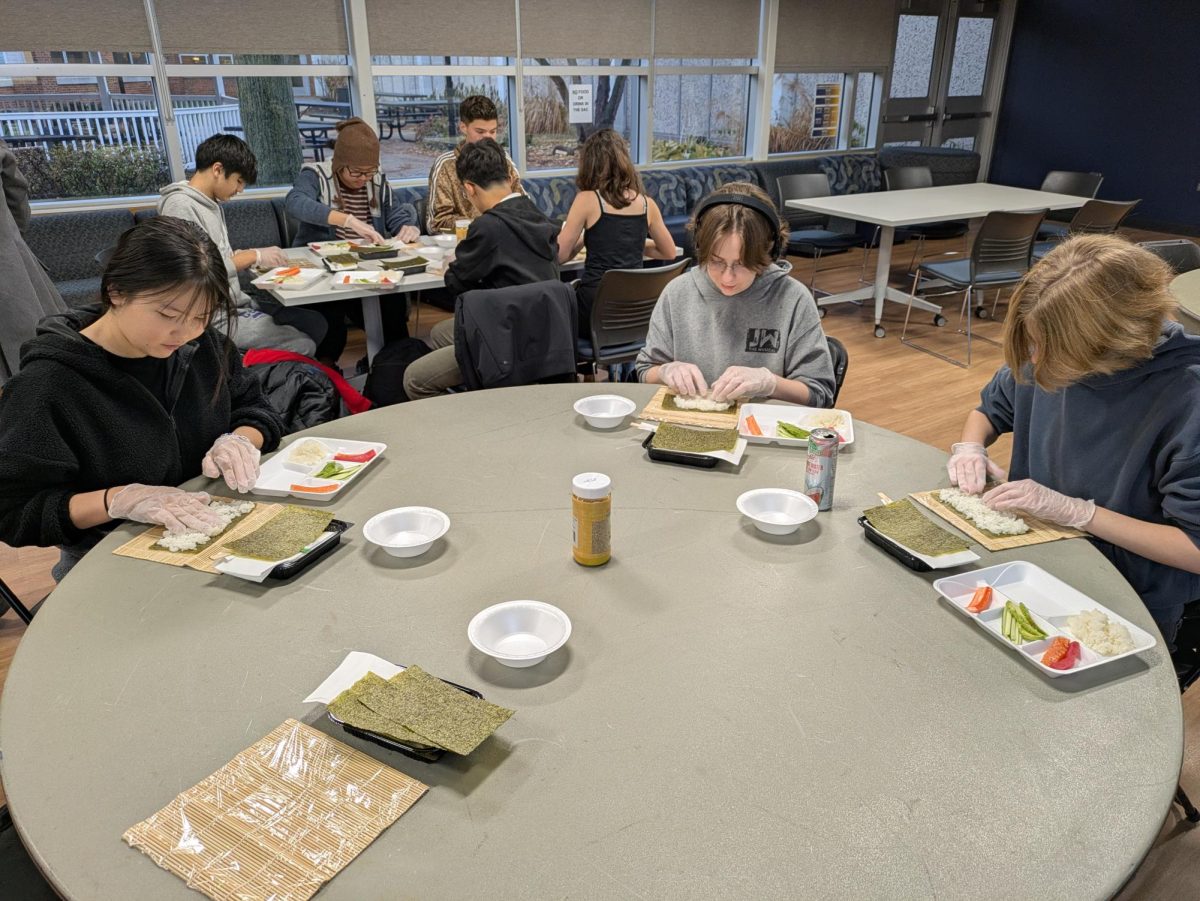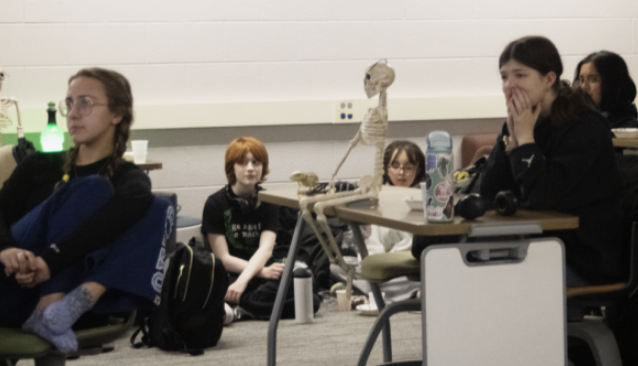According to a recent non-scientific, Oracle-conducted survey of 200 students, 11.5 percent believe that GBS should be able to block certain sites, 36.5 percent believe they shouldn’t and 52.5 percent say it depends.
According to Ryan Bretag, the director of instructional technology at South, South’s content filter, Securly, limits certain sites based on categorical restrictions such as inappropriate, explicit, or non-educational material.
Bretag explained that if a website you need is blocked and the website is cleared by your teacher for having a specific educational use, then the technology department will be willing to unblock it for you.
Senior Sarah Nwia conveyed what she felt were common feelings of students toward the content filter.
“Their filter should block explicit material, rather than material that is legally available to people under the ages of 18,” Nwia said.
Certain sites and social media that are blocked on Chromebooks may be available for student use by going on personal devices, or by not accessing the school’s Wi-Fi network.
Other students mentioned specific sites that they wanted to access while at school, that they are currently prohibited from viewing. One of these students, senior Nate Turk, expressed his desire to access certain websites.
“GBS should block inappropriate sites, but it doesn’t make sense to block Facebook when Twitter and Instagram aren’t blocked,” Turk said. “Social media is often used for school use. Many clubs and classes I’m in have Facebook groups and Instagrams so there is no [good] reason Facebook is blocked.”
Bretag touched on the topic of Facebook, saying they have not had a serious conversation about opening Facebook since late 2010 to early 2011. According to Bretag, at that point the students did not want Facebook unblocked.
“When Dr. Riggle and myself were sitting in a room and having this conversation at Glenbrook North and the students across the board pushed back and said ‘No, no, no, no,’ we were like, ‘Wow,’” Bretag said. “There wasn’t even a divide at that point.”
According to Bretag, the main concern from faculty and staff is ‘What does Facebook bring to the table that other tools do not already have?’
However, he believes it is time for another conversation concerning the opening of Facebook. More importantly, he wants students to have the opportunity to grow.
Students who believe that GBS should be able to block sites voiced their opinions as well. Sophomore Cindy Yang considers content filtering to be acceptable and necessary.
“The Chromebooks are for educational purposes, and there’s too much inappropriate content on the web,” Yang said.
Junior Patrick Tener agrees with Yang and believes the school has the right to restrict certain sites from students.
“They should be able to block sites in order to keep students paying attention,” Tener said. “Also, since it is private property and they pay for the Wi-Fi, they have the right to.”
Social Worker David Hartman also expressed his concern for students’ safety on the Internet.
“We want to be really careful to send a message [about the internet] as globally and individually as possible,” Hartman said. “One of the ways we can globally send the message that the Internet is dangerous is [the content filter].”
Hartman said he understands the desire for students to use social media sites such as Facebook, but he expressed the possible negative impact is too risky.
“Facebook is a really heinous place for some kids,” Hartman said. “The number of kids that get bullied via social media is horrible. If it was easy to get to Facebook from the school, my worry is that kids would be tempted when they get angry […] to post public things, where the ramifications get bigger.”
Hartman added that there is validity in the argument that social media can be a coping skill that is taken out of reach while students are at school.
“Maybe that’s a consequence [of the content filter], but maybe in that negative consequence there is an opportunity for growth,” Hartman said.
Bretag explains the school’s reasoning for implementing the content filter.
“There is a requirement by the government [to have a content filter],” Bretag said. “It’s not that we are sitting here saying ‘We don’t trust you,’ or ‘We don’t respect you.’ This is something that legislatively we have to address, it’s not an option.”
Bretag stresses that the technology department takes feedback, and will unblock sites students are using for academic purpose, as long as it is cleared by the teacher.
“We do everything possible to give [the students] the access [they] need,” Bretag said. “We do trust [them] and we want to make sure that [they] aren’t leaving us with a world that was so restrictive that [they] couldn’t grow academically and socially.”








